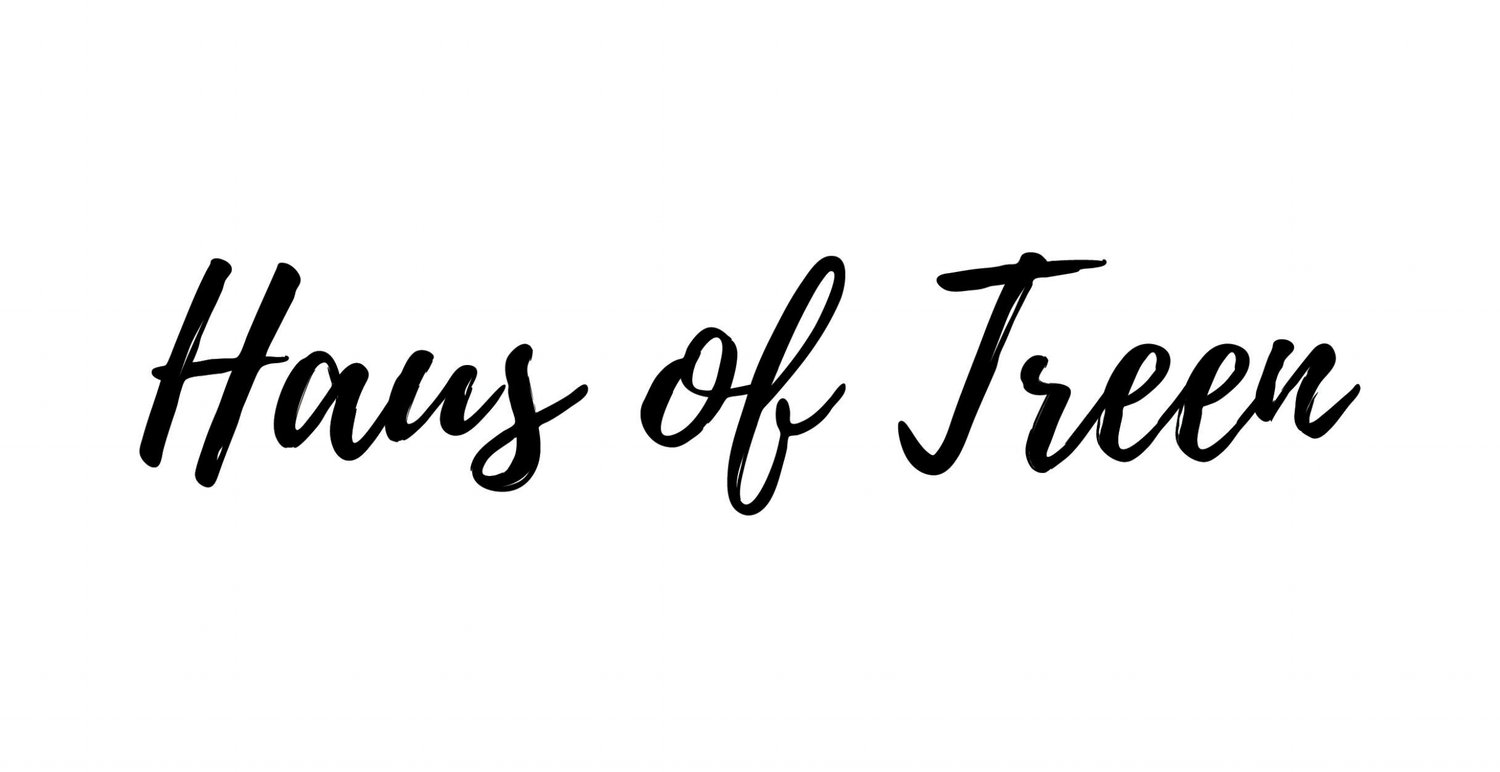Too Much/Not Enough Vs Fabulous and Loved
There are conversations happening all around the world regarding people’s experiences with sexual abuse. Movements like Time’s Up and Me Too have assisted in facilitating these discussions. For many, this is the first time they have spoken openly about the times they have been abused. I have a theory as to why so many have kept silent for so long.
Through traditional and social media, society is constantly expressing to females that they are either too much or not enough. Sometimes these messages are covert, such as the underlying messages in the perfectly popular Instagram page of a gorgeous tanned girl who always seems to be on holiday. Or it’s explicit in the gossip sections that no one ever seems to get away from. Women are told they’re too fat, too pale, too talkative, too opinionated, too assertive/bitchy, use too much make up, are too emotional, too hairy or too self-absorbed. Or else we’re not skinny enough, not smart enough, not like (insert celebrity or random person’s name here) enough, don’t have enough hair, not sexual enough, or not focused on career/family/health/goals enough. The list goes on and on and on. Pretty soon without any decent opposition these messages become part of our self-talk. Once this happens it’s a struggle for positive self esteem to flourish.
Studies have shown that women have an internal locus of control when things go wrong. That is, females are more likely then males to blame themselves when something goes wrong. If a man has a horrible day it’s because of the weather or that idiot who lives next door. A female experiencing a bad day will say it’s because they didn’t get up and exercise or that they should’ve gone to bed earlier the night before. Other examples include;
‘Maybe if I wasn’t so drunk he wouldn’t have done that.’
‘Maybe if I was more assertive I would’ve been able to get out of there.’
‘Maybe if I was more … and less… that wouldn’t have happened.’
Shame is another reason abused people stay silent. If shame arrives into an environment where negative thought patterns are the norm, it will amplify the negativity. In a negative environment shame has an easy time bringing the victim down and keeping them silent. It whispers thoughts like 'who will believe you?' and 'what will it matter if you speak out now, it's your fault it happened in the first place.' Shame thrives in the darkness. It does not like being discussed.
So what do we do? How do we change? I grew up in a home with domestic violence. I have seen too many of my friends experience abusive relationships and situations. Now that I have a daughter I want to do what I can to fire proof her against abusive relationships and situations. According to my therapist it’s as ‘simple’ as ensuring she knows that she is loved and she is fabulous. Because people who know their worth will not put up with being treated like trash. People who know what it feels like to be whole heartedly loved, will always be pursuing that.
